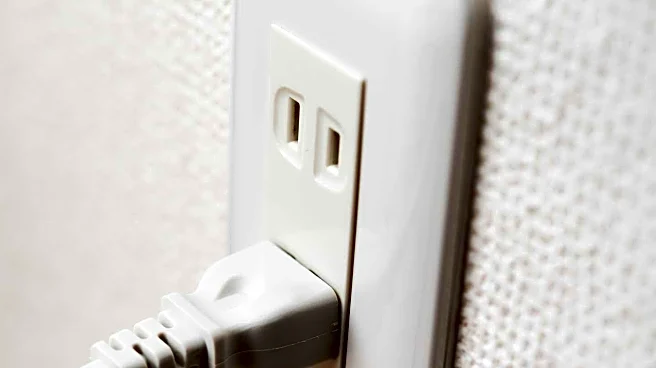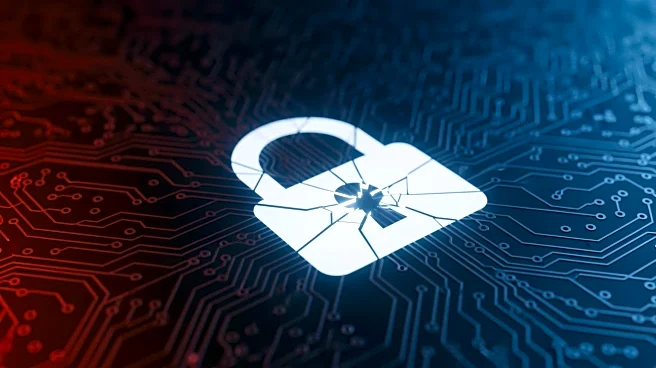What is the story about?
What's Happening?
As utility costs continue to rise, a recent CNET article highlights a simple yet effective strategy to reduce electric bills: unplugging appliances when not in use. Many household devices consume energy even when turned off, a phenomenon known as 'phantom load.' This can significantly contribute to higher electricity bills over time. The article suggests that unplugging devices such as TVs, media players, and chargers can help mitigate this issue. Additionally, using smart plugs and surge protectors can automate the process, making it easier to manage energy consumption. The Department of Energy notes that standby power can account for 5% to 10% of residential energy use, underscoring the potential savings from reducing phantom load.
Why It's Important?
The rising cost of utilities is a growing concern for many households, with nearly 80% of adults expressing stress over their bills. By adopting simple energy-saving habits, such as unplugging unused appliances, consumers can potentially save a significant amount on their electricity bills. The Natural Resources Defense Council estimates that reducing the load from always-on devices could save consumers $8 billion annually and prevent 44 million metric tons of carbon dioxide emissions. This not only benefits individual households financially but also contributes to broader environmental goals by reducing energy consumption and associated emissions.
What's Next?
Households may increasingly adopt energy-saving technologies and practices as awareness of phantom load grows. The use of smart plugs and energy-efficient appliances is likely to become more common, driven by both cost savings and environmental considerations. Additionally, as utility prices continue to fluctuate, consumers may seek further guidance on optimizing their energy use, potentially leading to increased demand for energy audits and efficiency consultations.
Beyond the Headlines
The emphasis on reducing phantom load highlights a broader shift towards more sustainable living practices. As consumers become more conscious of their energy use, there may be a cultural shift towards valuing energy efficiency and sustainability. This could influence purchasing decisions, with a preference for Energy Star-rated products and smart home technologies that offer greater control over energy consumption.















